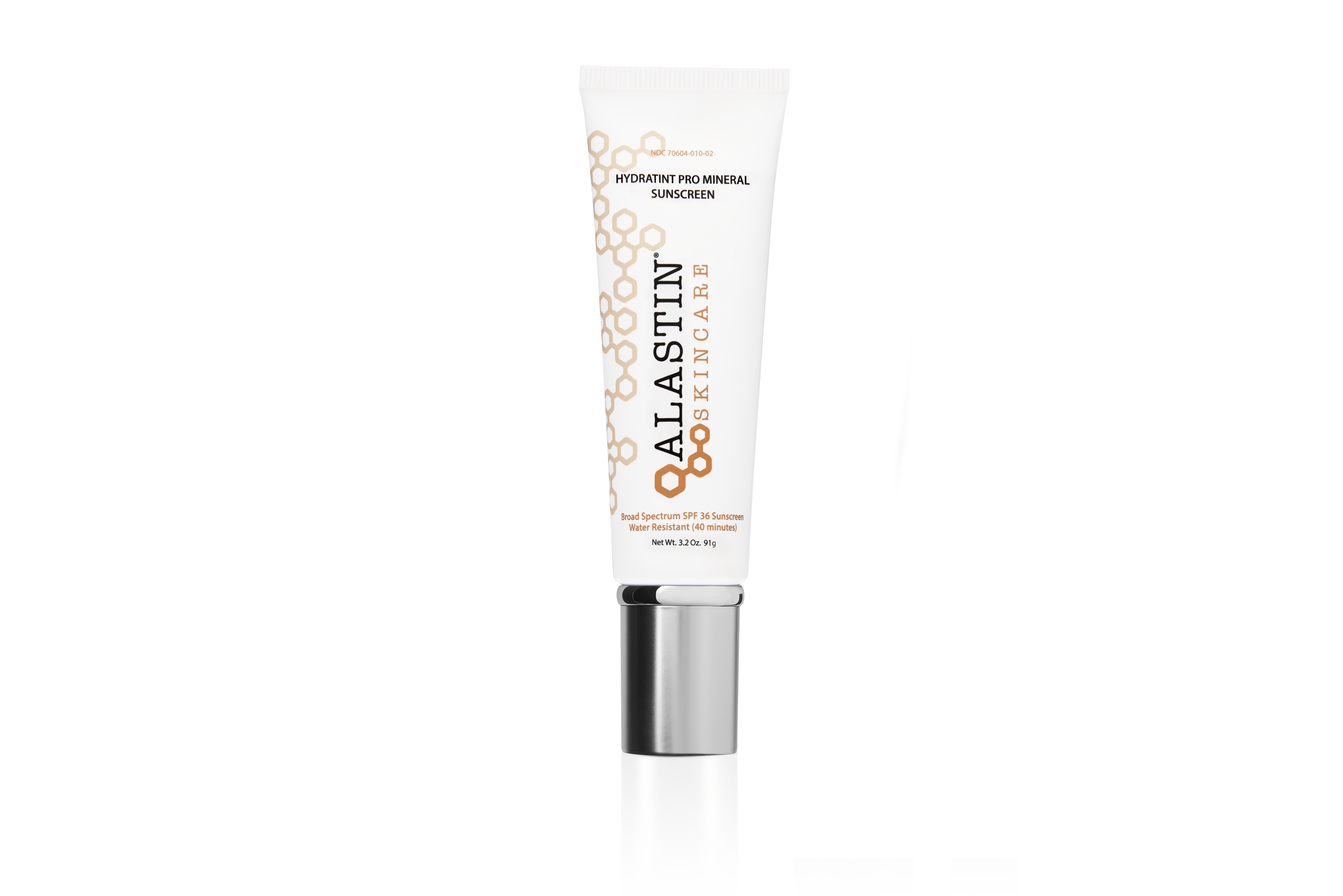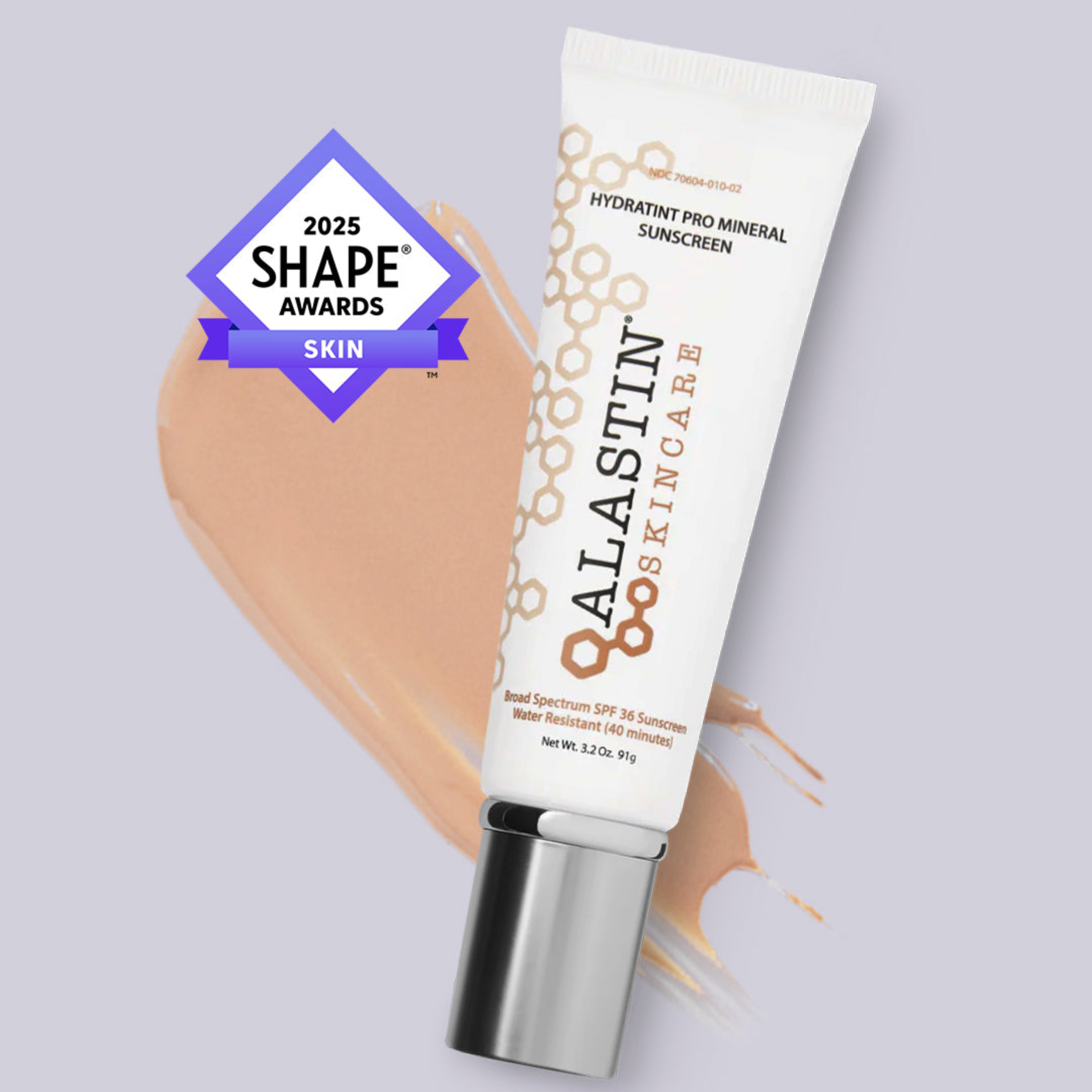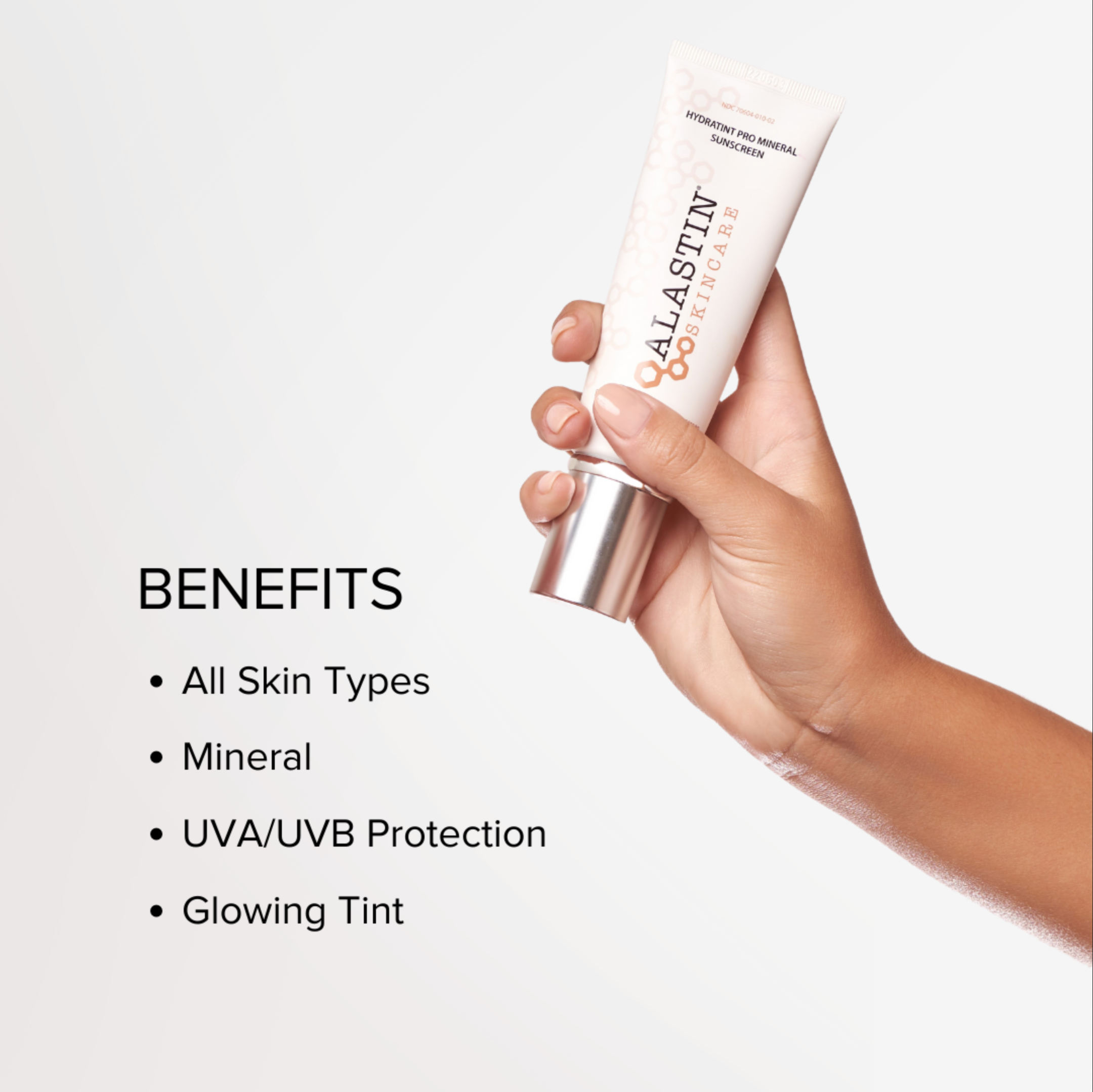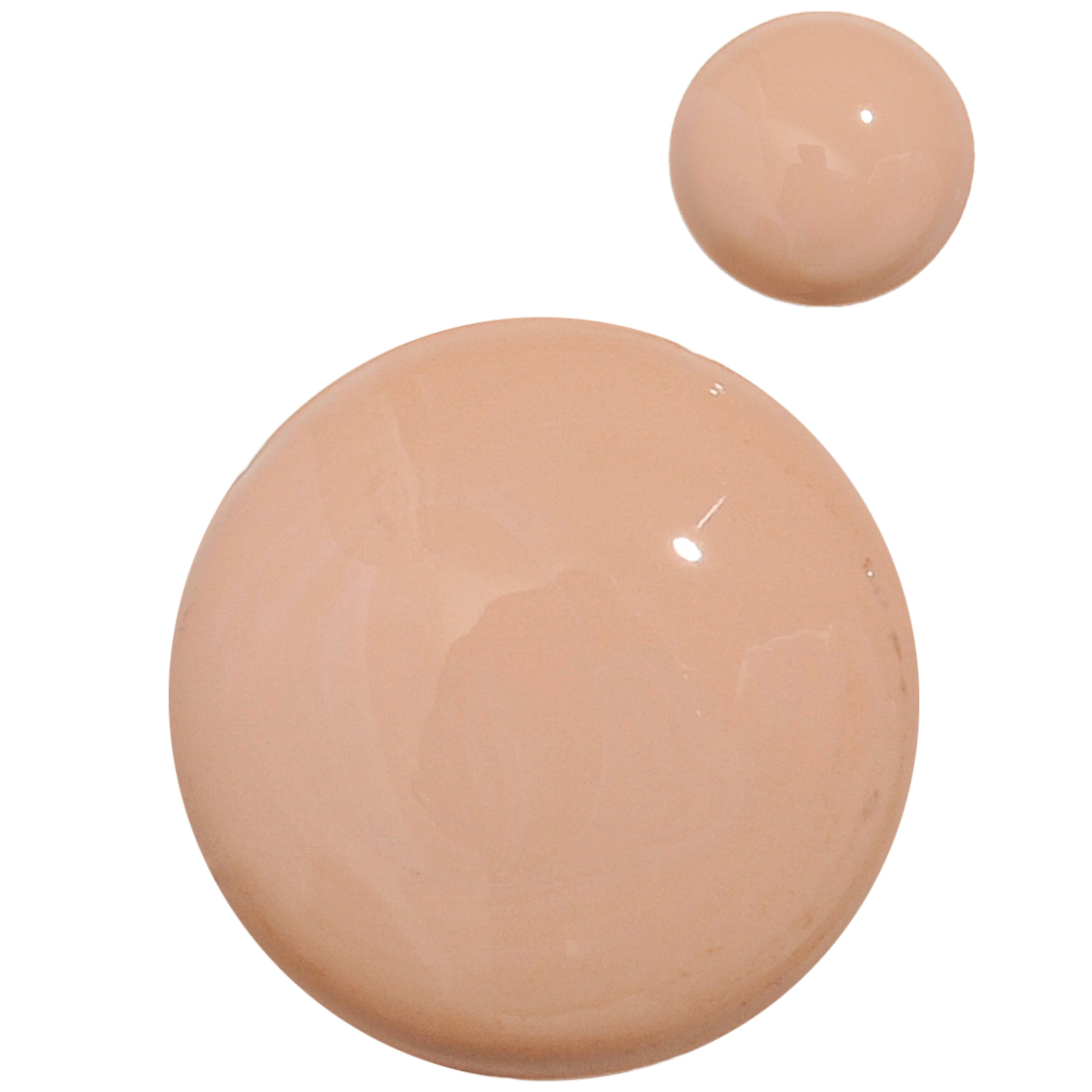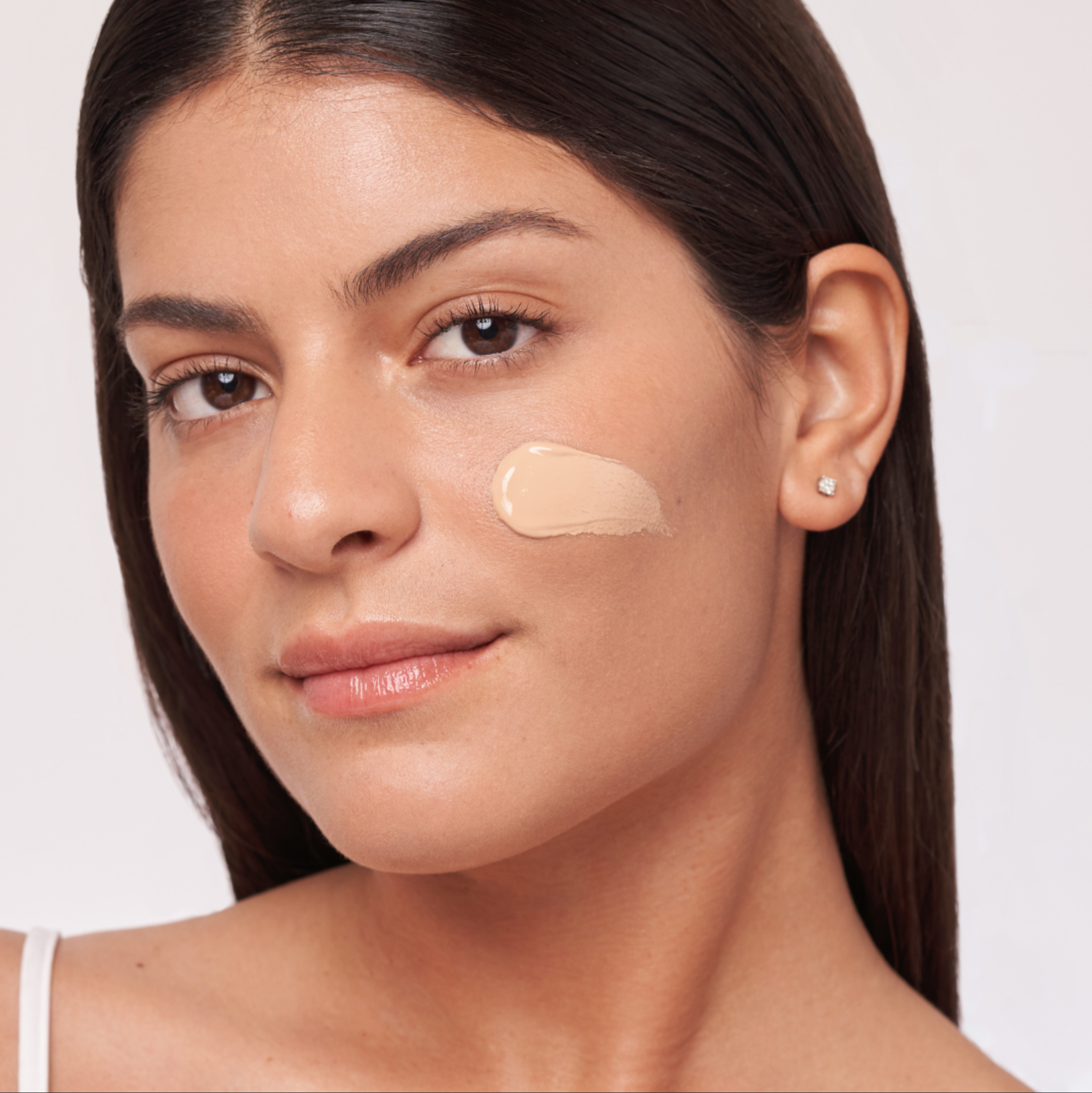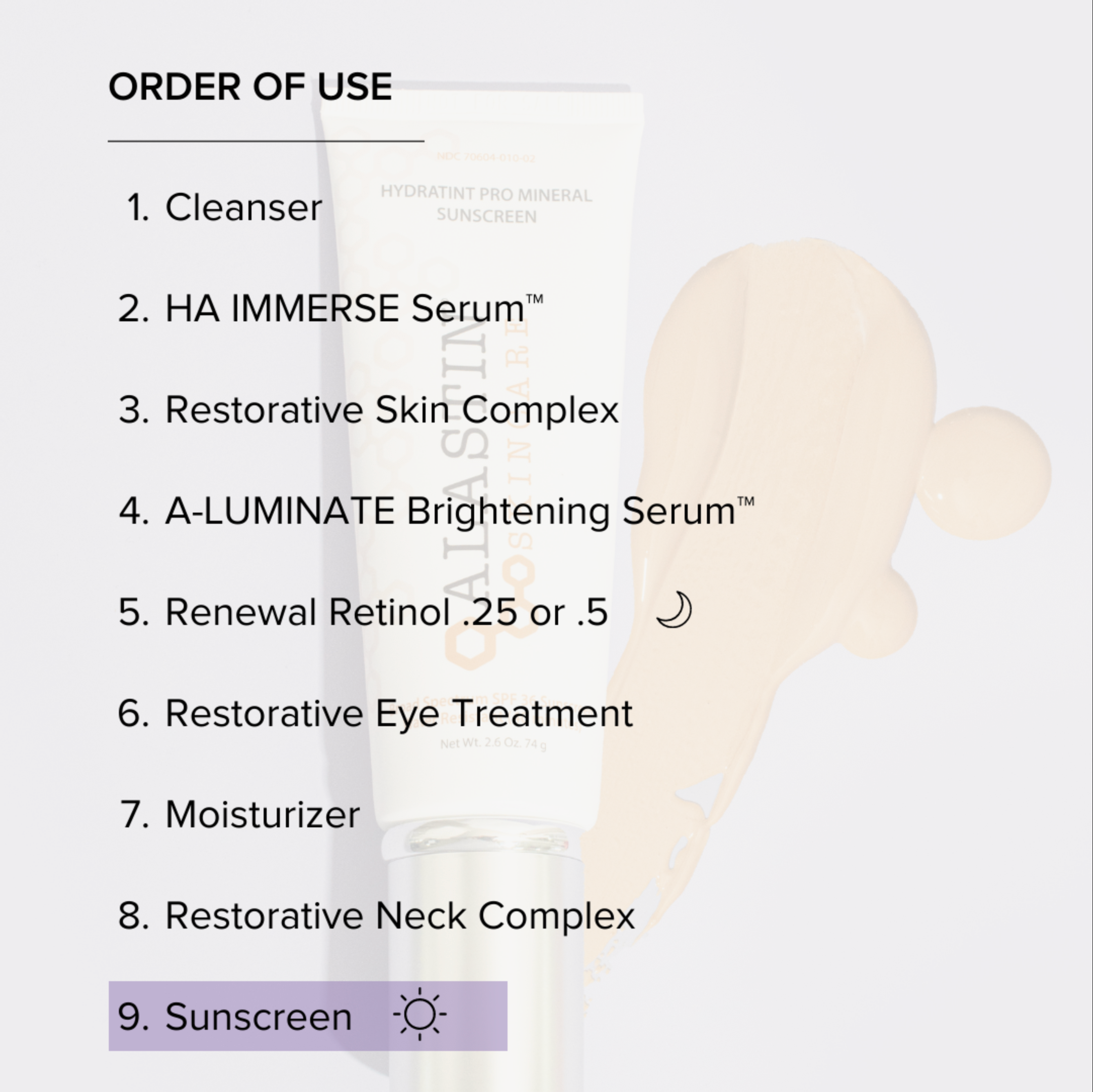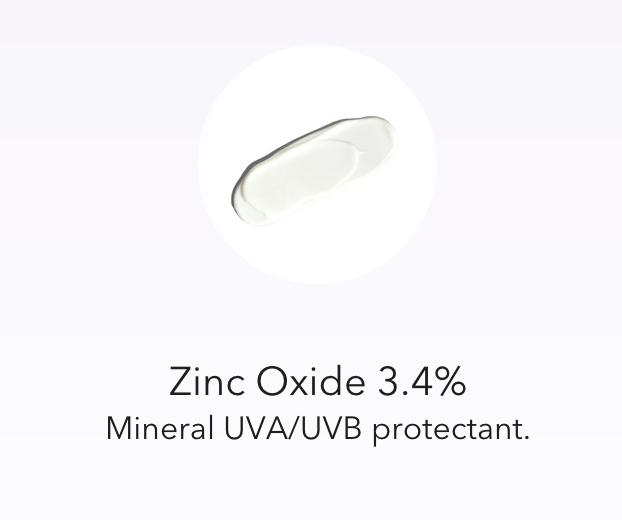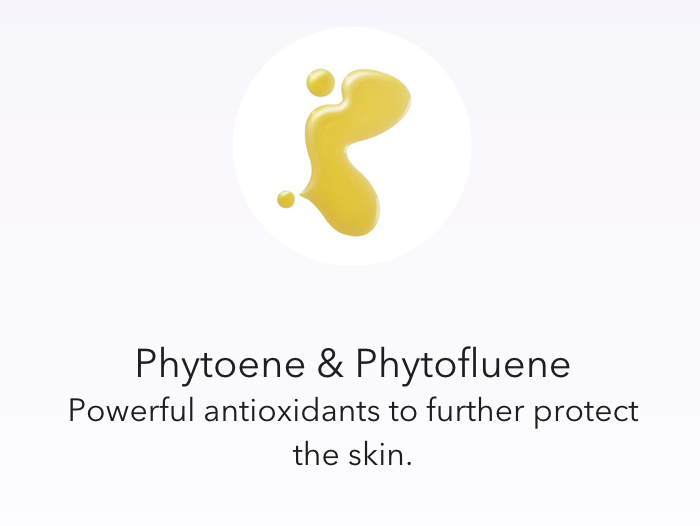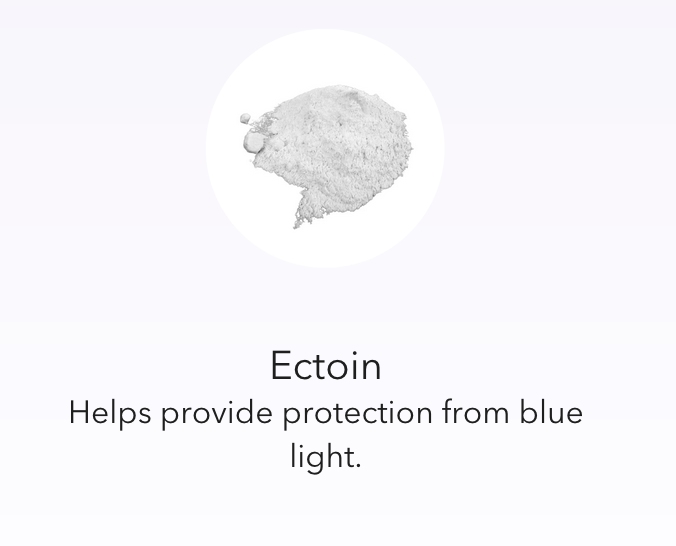5 Benefits of Sunscreen For Your Face
There’s nothing better than soaking up the sun on a beautiful day.
However, it’s important to apply sunscreen beforehand. Without proper
sun protection, the sun’s UV rays can damage your skin’s health and
appearance. If sunscreen isn’t already a part of your daily skincare routine, it should be.
So, what are the benefits of sunscreen, and why is it so important? A
broad-spectrum sunscreen can protect your skin from painful sunburns
and reduce your risk of skin cancer and long-term sun damage. It can
also help you look your best by preserving your skin’s youthful
vibrance.
What Does Sunscreen Do?
Sunscreen serves as a protective barrier between your skin and the
sun’s powerful UVA and UVB rays. These harmful rays have been shown to
increase the risk of skin cancer and accelerate signs of premature
aging.1 Broad-spectrum sunscreens absorb and reflect these rays before they can penetrate your skin.
Should You Wear Sunscreen Everyday?
Even on cloudy days, your skin gets exposed to these UV rays. That’s
why you should apply sunscreen to your face every day to prevent skin
damage.
What Are the Benefits of Using Sunscreen For Your Face?
Here are the top five benefits of using a good sunscreen for your face:
#1 It Can Prevent Skin Cancer
Exposure to UV rays can increase your chances of developing skin cancer.2 Some skin cancers can be life-threatening, like melanoma.
While it’s difficult to avoid sun exposure altogether, applying
sunscreen can help prevent these harmful UV rays from penetrating your
skin. Thus, applying a daily sunscreen is an easy way to reduce your
risk of skin cancer.
In fact, daily use of an SPF 15 sunscreen has been shown to reduce the risk of developing:3
- Squamous cell carcinoma by 40%
- Melanoma by 50%
#2 It Helps Prevent Premature Aging
When your skin looks its best, you feel more empowered to take on the day.
Despite this, many people don’t realize that wearing sunscreen is one of the most effective ways
to slow down the skin’s aging process. Some studies show that sun
exposure contributes to over 80% of visible signs of premature skin
aging,4 including5:
- Fine lines
- Wrinkles
- Sunspots
- Dryness
- Roughness
- Sagginess
Sunscreen helps prevent these classic signs of sun damaged skin and
aging by helping your skin maintain its collagen and elastin levels.
Collagen is a vital protein that’s often referred to as a
building block for your skin. Collagen prevents skin from sagging and
wrinkling. It’s what gives your face that youthful, plump and lifted
look.
Elastin is an extracellular matrix that gives your skin its
elasticity and resilience. You can test your skin’s elasticity by gently
pulling on the skin of your cheek and letting go. Does the skin spring
right back where it belongs as if you were pulling on a rubber band? If
so, your healthy skin has plenty of elastin that needs protection. If
not, it’s definitely time to look into elastin-supporting skincare
products (like our daily Restorative Skin Complex with TriHex Technology®) and protecting your skin with plenty of sunscreen.
UV rays permeate your skin barrier and break down collagen and
elastin. When your skin loses that elastin and collagen-boosted lift, it
can result in a loose, leathery-like appearance. One study found that
chronically sun-damaged skin has 20% less collagen and 40% fewer skin
peptides (the protein molecules that make up collagen) 6than sun-protected skin. This process of losing collagen to the sun’s damaging rays is called photoaging.7
#3 It Can Help You Maintain an Even Complexion
Premature aging isn’t the only way the sun can damage your skin’s
appearance. Sun exposure can also cause your skin to become discolored
and hyperpigmented.8 If you have an uneven skin tone, you may feel less confident about your skin.
Fortunately, sunscreen can prevent this discoloration from happening
in the first place. In turn, you can enjoy a more even skin tone, even
on your minimal makeup days.
#4 It Can Prevent Painful Sunburns
Aesthetics aside, getting too much sun can be painful! After a long
day in the sun, you may develop a burning sunburn or rash that takes
days to heal. If you’re trying to enjoy a tropical vacation or a
relaxing weekend getaway, a sunburn can put a damper on the experience.
Even after your sunburn fades away, your skin may retain lasting damage. Sunburns can increase your risk of:9
- Premature aging
- Basal cell carcinoma
- Squamish cell carcinoma
- Melanoma
Fortunately, a broad-spectrum sunscreen can protect your skin from
getting burnt, especially if you reapply every two hours while you’re
exposed to the sun.
#5 It Sets a Good Example For Others
While the benefits of sunscreen are vast, many people still don’t know about the importance of sunscreen.
Some common myths about sunscreen are that:
- You only need it in the summer
- You only need to apply it once a day
- People with darker skin don’t need it at all
These misconceptions leave many people vulnerable to harmful UV rays.
By exemplifying an avid sunscreen regime in your daily life, you may
encourage loved ones to follow suit.
What is the Best Sunscreen for Your Face?
As you can see, there are many benefits of sunscreen and even more
reasons why you should wear it every day. However, not all sunscreens
are made the same. If you’re looking for a broad-spectrum sunscreen that
offers outstanding protection, look no further than ALASTIN.
At ALASTIN, we offer two scientifically-formulated sunscreens that
are ideal for sensitive skin, aging skin, and acne-prone skin. Both
formulas are paraben-free, gluten-free, and cruelty-free. Depending on
whether you prefer regular sunscreen or tinted sunscreen, you can choose between our:
SilkSHIELD All Mineral Sunscreen SPF 30 – With
powerful yet gentle protection, this transparent sunscreen has an
exclusive peptide blend that provides anti-aging benefits long after
sunset.
HydraTint Pro Mineral Broad-Spectrum SPF 36
– Our tinted mineral sunscreen offers premium sun protection and a
beautiful tint to even out your skin tone. It’s lightweight, oil-free,
and fragrance-free. Better yet, it offers your skin a first-line of
defense against environmental pollutants and infrared-generated free
radicals.
Experts Agree on ALASTIN HydraTint Pro Mineral Broad-Spectrum SPF 36
Board-certified and fellowship-trained cosmetic dermatologist Dr. Kimberly Jerdan says,
"I do highly recommend a sunscreen daily for everyone though, and
sometimes that means going through a few until you find one you like.
For instance, in the summer I like lighter dewy sunscreen like PCA SKIN
Tint Broad Spectrum SPF 45, but in the winter I opt for fuller coverage
with Alastin Hydratint."
West Palm Beach, FL dermatologist Kenneth Beer, MD, says he especially likes this ALASTIN's tinted sunscreen. He says it’s non-irritating, won’t cause acne and provides “exceptional protection.”
Makeup artist, Cat Mignano
praises ALASTIN's HydraTint Pro Mineral Broad Spectrum Sunscreen SPF 36
for being "good for vacation, water-resistant up to 40 minutes" and
"gorgeous."
Board-certified dermatologist Stefani Kappel, MD,
is a fan of the formula for even the most oily skin, stating that it's
lightweight and won't clog pores thanks to its non-comedogenic
properties.
“This is one of my favorite tinted moisturizers with sunscreen. It’s
light but mineral-based and gives my skin a youthful glow, which it
desperately needs!” —Louisville, KY dermatologist Tami Buss Cassis, MD
Chloe Goldman M.D., a board-certified dermatologist based in Miami, Florida recommends Alastin HydraTint Pro Mineral Broad Spectrum Sunscreen SPF 36
because "it's a completely mineral-based sunscreen with both zinc oxide
and titanium dioxide, and it has an incredibly lightweight feel that
blends perfectly into the skin. The tint provides coverage to even out
blemishes, skin tone, and often doubles like makeup for some."
Lily Wohlner, Women'sHealth
Associate Commerce Editor agrees. "It gives you the perfect amount of
coverage so you leave the house feeling even and smooth, but not too
smooth that it looks unnatural. It's the perfect everyday tint when
you're heading out for the day and want to stay protected."
"Its matte formula provides a powerful yet lightweight UVA/UVB
protection, as well as skin hydrating ingredients. It also has age
defying antioxidants such as green tea extract and vitamin E that
protect against pollution-induced damage. With its subtle tint that
evens out my complexion, it allows me to start my day without any makeup
on!" says Shereene Idriss, M.D.
If you’re ready to give your skin the very best, learn more about our award-winning sunscreens and skincare products today.
Frequently Asked Questions About Sunscreen
What’s the difference between UVA and UVB light?
When shopping for sunscreen, experts agree that you should look for
formulas labeled “broad spectrum.” Broad-spectrum sunscreen is proven to
block both UVA and UVB light. Both of these types of light are forms of
ultraviolet radiation, part of the sun’s natural energy. UVA light has a
longer wavelength that penetrates the skin more deeply and is connected
to premature skin aging, while UVB light has a shorter wavelength and
is the type that may cause your skin to burn. Both UVA and UVB damage
the DNA in your skin cells.
What’s the difference between mineral and chemical sunscreen?
Mineral sunscreen uses particles like titanium dioxide and zinc oxide
to reflect UV radiation from the skin, providing a physical barrier to
shield the sun’s harmful rays. Chemical sunscreen, on the other hand,
employs certain chemical filters like oxybenzone and octisalate that
absorb the rays (instead of deflecting them), causing a chemical
reaction that releases the energy as heat.
Many people with sensitive skin prefer mineral sunscreens as they are
less likely to irritate the eyes and skin. Additionally, mineral
sunscreens naturally offer broad-spectrum protection, thereby helping to
ward off both skin cancer and premature skin aging. The reason why some
people avoid mineral sunscreen is that many formulas leave a white,
chalky look. ALASTIN’s formulas, however, provide all the benefits of
mineral sunscreens with zero white cast.
HydraTint Pro Mineral Broad Spectrum Sunscreen SPF 36 includes a glowy tint that works with most skin tones, while the untinted SilkSHIELD® All Mineral Sunscreen SPF 30 with TriHex Technology® glides smoothly over the skin with an invisible finish.
What is SPF exactly?
Contrary to popular belief, the level of SPF or “sun protection
factor” in your sunscreen is not directly linked to the amount of time
you are protected for — SPF 15 does not mean you need to reapply after
15 minutes. Instead, the FDA describes SPF as “a measure of how much
solar energy (UV radiation is required to produce sunburn on protected
skin (i.e., in the presence of sunscreen) relative to the amount of
solar energy required to produce sunburn on unprotected skin."
Solar energy absorption can differ depending on how fair your skin is
and where the sun is in the sky. When it comes to SPF, the one rule of
thumb most dermatologists agree on is that you should look for a
sunscreen with an SPF rating of 30 or higher, which blocks 97 percent of
the sun’s rays. Higher levels of SPFs don’t make a marked difference in
terms of protection. For example, SPF 50 blocks 98 percent. HydraTint Sunscreen has an SPF of 36 and SilkSHIELD®has an SPF of 30 — both fitting the bill.
How much sunscreen is enough?
For sunscreen to work properly, you need to use an adequate amount to
cover your skin. For the face, that’s 0.4 fluid ounces. You can also
visualize that as ⅓ teaspoon or a nickel-sized dollop. (If you are
using HydraTint, you’ll want a full two pumps).
For the body, aim to slather yourself with 1.5 fluid ounces. That’s
the amount it would take to fill up a standard-sized shot glass
How should I layer sunscreen with moisturizer?
According to John Hopkins Medicine, as long as you use the
appropriate amount of sunscreen, it doesn’t matter if you apply
sunscreen before or after your moisturizer. However, most people prefer
to use sunscreen as the final layer of their skincare, the “icing on the
cake,” right before you apply any makeup. Using sunscreen as the final
step will ensure you don’t inadvertently wipe it off while applying
other serums or moisturizers, and your other products can also help prep
the skin to ensure your sunscreen doesn’t cake.
What’s the best way to apply sunscreen with makeup?
After you layer your skincare and
use your sunscreen, you can go ahead and apply your makeup. A word of
warning: Do not rely on the SPF in your foundation to provide ample
coverage. Experts agree it’s nearly impossible to apply enough
foundation to get the protection you need.
Depending on the level of makeup coverage you’re after, you may want to use a tinted sunscreen like HydraTint.
The formula delivers a soft glow thanks to an iron oxide tint that
works for most skin tones and can be used in place of makeup. If the
tint is too light or dark for your skin tone, you may prefer to use a
translucent formula like SilkSHIELD® instead. Both HydraTint and SilkSHIELD® can
also be used as a primer as they are formulated to play well with
foundation and prevent pilling. Allure.com recommends thinking of
HydraTint as a BB cream. "It has a dewy, light-coverage finish and a
subtle tint that blurs discoloration and dark spots. Since this formula
is fragrance-free, it's also a great pick for sensitive skin."
Maryland dermatologist Roberta F. Palestine, MD recommends Alastin HydraTint
Pro Mineral Broad Spectrum Sunscreen SPF 36 if you don't want to wear
heavy makeup in summer but still want enough cover because "it goes on
easily, feels lightweight, looks great, and is easy to remove."
How often do I need to apply sunscreen?
Sunscreen should be reapplied throughout the day — especially if
you’re out in the sun. Get into the habit of applying sunscreen every
single morning, even if you’re planning to be inside. UV light can
damage your skin through the window of an office or car. After your
first application, reapply as needed. According to John Hopkins, you may
not need to reapply if you’re indoors all day, but if you are outside
you should reapply every two hours. You’ll also want to re-up after
swimming or exercising.
Does sunscreen have any other benefits?
Sunscreen has one critical job: Protecting your skin from the sun’s
harmful rays. Beyond this, some science-backed formulations do have
added perks. For example, HydraTint provides
long-lasting hydration, powerful antioxidants that help protect the
skin from pollution, IR rays, and blue light — all while delivering a
soft glowing tint that evens and brightens most skin tones. SilkSHIELD® also provides protection from IR rays, pollution, and blue light, as well as anti-aging benefits that last long after sunset thanks to an exclusive blend of peptides. Health.com recommends SilkSHIELD® as their top pick for blue light-blocking skin care.
Remember: When it comes to sunscreen, the most important advice is to
find a formula you love so you’ll feel motivated to use it every single
day — and reap the benefits of younger-looking skin for decades to
come.
